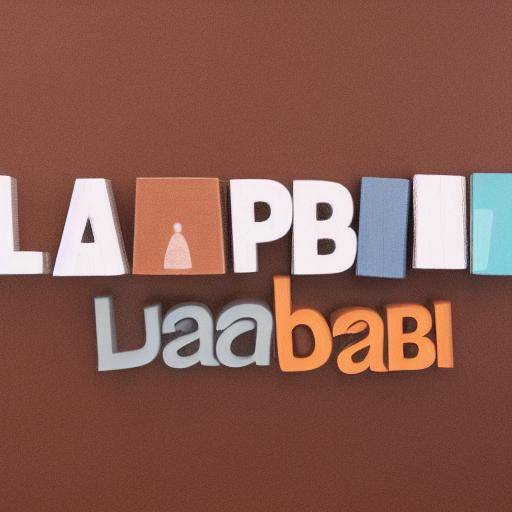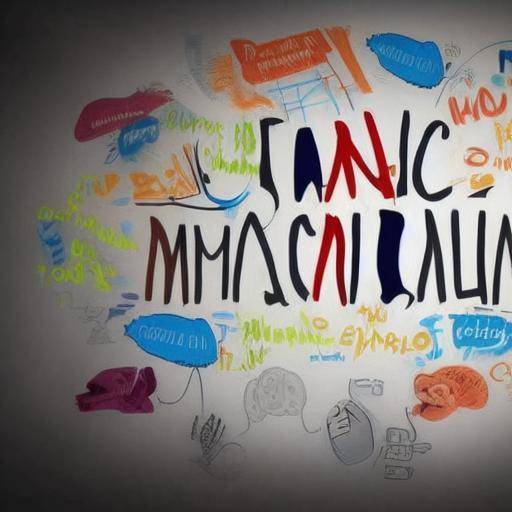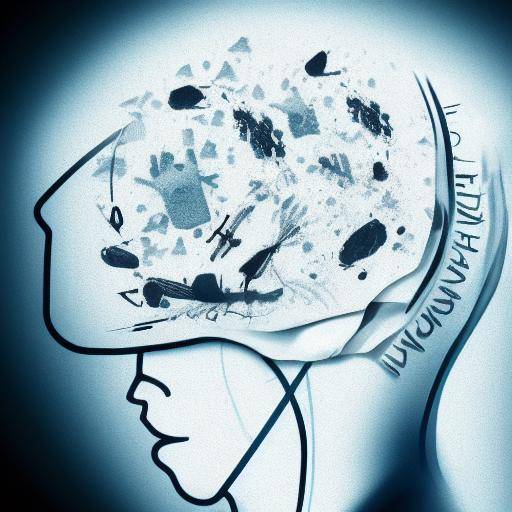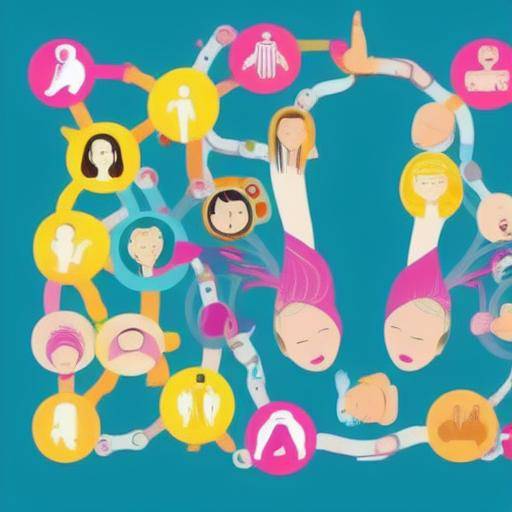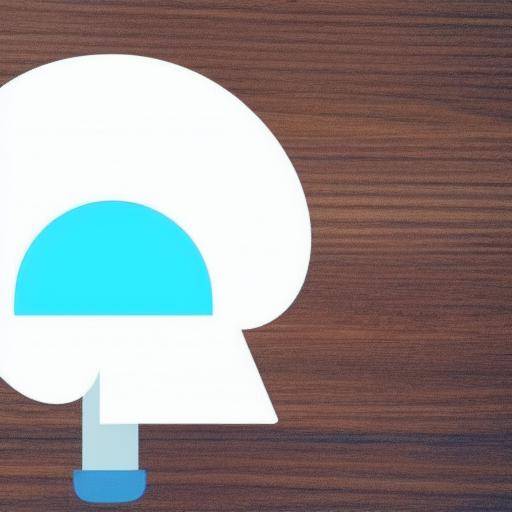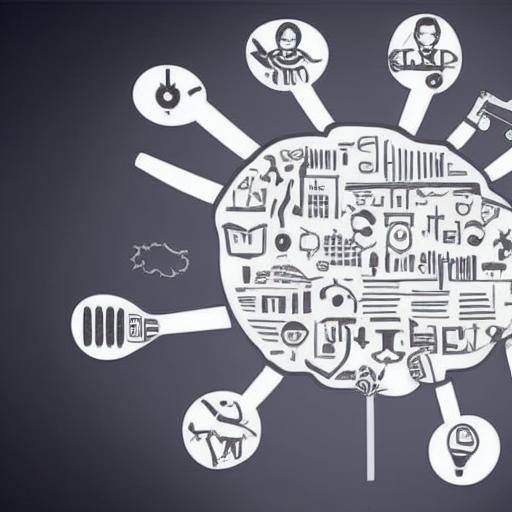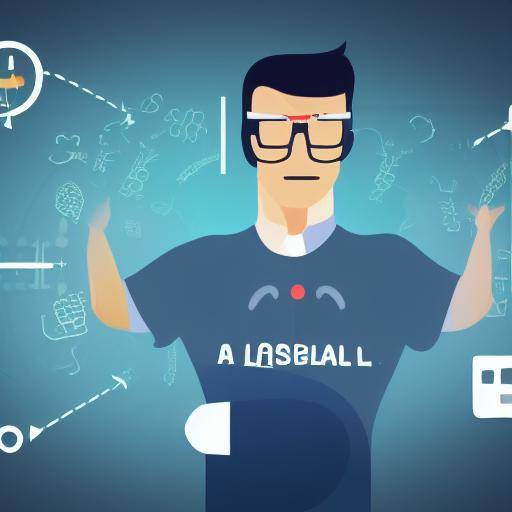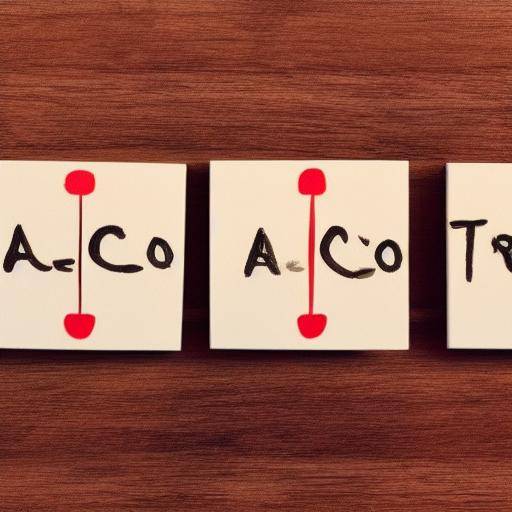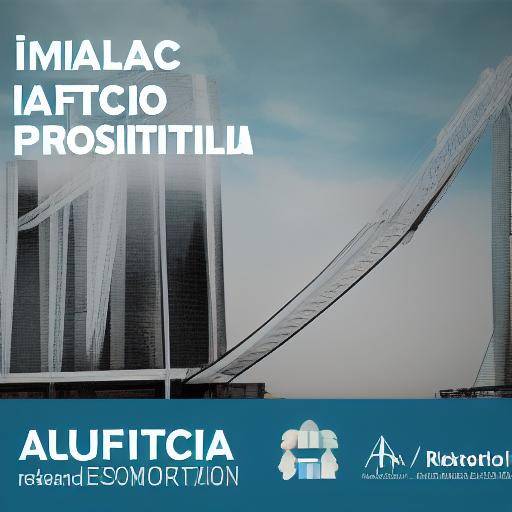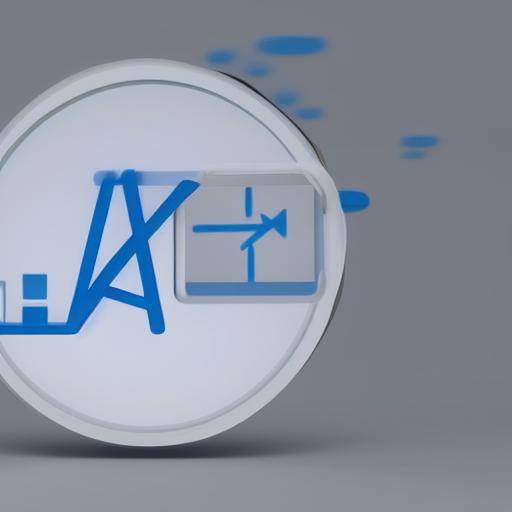
Mental flexibility is a concept that has gained relevance in the field of emotional well-being and positive thinking. It refers to the ability to adapt, change perspectives and face challenges with an open and responsive attitude. At present, it is recognized as a fundamental pillar for cultivating a positive mentality and constructively confronting the adverse situations of life.
In this article, we will explore in detail the importance of mental flexibility in positive thinking, its connection with emotional well-being, and provide practical advice, in-depth analysis, case studies and expert opinions to fully understand this concept and its impact on our lives.
Introduction
Mental flexibility is a psychological attribute that allows us to adapt to changes, face unforeseen situations and see circumstances from diverse perspectives. In a constantly evolving world, the ability to be mentally flexible has become fundamental to maintain a positive and resilient attitude to the challenges of everyday life.
In this sense, mental flexibility and positive thinking are closely intertwined. The way we approach and process adversities can make the difference in our mental health and emotional well-being. Therefore, understanding the importance of mental flexibility in positive thinking is essential to promoting not only resilience, but also personal and emotional development.
Throughout this article, we will explore in depth the connection between mental flexibility, positive thinking and emotional well-being, highlighting its relevance in different areas of our daily life.
History and Background
Mental flexibility and its relation to positive thinking and emotional well-being have deep historical roots in various philosophical, psychological and spiritual currents. From the teachings of classic philosophers to modern developments in psychotherapy and neuroscience, the notion of developing a flexible mind to promote well-being has been a recurrent theme throughout history.
Classic and Eastern Philosophy
Since ancient times, philosophers like Séneca, Epicteto and Marco Aurelio have emphasized the importance of keeping an open mind, adaptable and balanced to face the ups and downs of life. His teachings on moderation, acceptance of the inevitable and adaptation to circumstances have laid the basis for modern understanding of mental flexibility and its importance in positive thinking.
In Eastern philosophy, especially in currents such as Buddhism and Taoism, emphasis is placed on the importance of mental flexibility to achieve enlightenment, inner peace and harmony with the environment. The practice of meditation, emotional detachment and acceptance of impermanence are fundamental aspects of mental flexibility in these traditions.
Psychology and Modern Psychotherapy
The development of psychology and modern psychotherapy has deepened the understanding of mental flexibility and its relation to positive thinking and emotional well-being. Therapeutic approaches such as cognitive-behavioral therapy (TCC), positive psychology and acceptance and commitment therapy (ACT) have highlighted the importance of cultivating mental flexibility to overcome negative thoughts, regulate emotions and promote a positive mental state.
The recognition of the influence of mental flexibility on mental health has led to a greater emphasis on its integration into therapeutic treatments, as well as the development of strategies and tools to promote it in everyday life.
Analysis in Deep
Benefits of Mental Flexibility
Mental flexibility entails a number of significant benefits for mental health and emotional well-being. By cultivating an open and adaptable attitude, it develops the ability to face challenging situations with greater calm and clarity, diminishing anxiety, stress and constant rumination. In addition, mental flexibility allows you to face unexpected changes with greater resilience, promoting adaptability and the ability to find creative solutions to challenges.
The ability to see situations from multiple perspectives not only strengthens decision-making, but also fosters empathy and understanding towards others. This helps improve interpersonal relationships, while promoting an emotionally healthier environment both individually and collectively.
Challenges and Obstacles in the Development of Mental Flexibility
While the benefits of mental flexibility are clear, their development can face significant challenges and obstacles. The tendency to cling to rigid thinking patterns, fear of change and resistance to uncertain situations are common barriers that hinder mental flexibility.
In addition, external factors such as the social environment, labor pressures, and traumatic events can negatively impact the ability to maintain a flexible mind. Overexposure to information, pressure for constant performance and lack of time for self-care can limit the willingness to adapt to different scenarios.
Current Trends and Practices to Develop Mental Flexibility
At present, various practices and approaches have gained popularity to promote the development of mental flexibility and its connection with positive thinking. These include:
- Mindfulness and Meditation: The practice of full attention and meditation has become a fundamental tool for increasing mental flexibility. By focusing on the present moment and observing thoughts objectively, the ability to adapt to changing situations with greater calm and clarity is developed.
- Acceptance and Commitment Therapy (ACT): This therapeutic approach focuses on promoting acceptance of thoughts and emotions, while promoting action online with personal values. ACT therapy is effective in developing mental flexibility by teaching to confront difficulties with courage and compassion.
- Exercise of Gratitude: The daily practice of recognizing and thanking positive experiences strengthens the positive mentality and emotional flexibility. Focusing on the positive, it promotes the ability to adapt to changes with a more optimistic attitude.
These current trends reflect the growing interest in integrating mental flexibility into different aspects of everyday life to promote emotional well-being and positive thinking.
Comprehensive review
Practices and Best Practices
Mental flexibility finds applications in a variety of contexts, from the working and academic environment to interpersonal relationships and self-care. In the workplace, the ability to adapt to organizational changes, face professional challenges and teamwork effectively is enhanced by mental flexibility.
On the other hand, in the area of interpersonal relationships, mental flexibility favours conflict resolution, effective communication and empathy towards others. In terms of self-care, keeping a flexible mind allows you to face emotional ups and downs with greater balance, promoting a healthier lifestyle.
Opinions of Experts and Future Perspectives
Outlook of Experts
Elena Gómez, a clinical psychologist specializing in cognitive-behavioral therapy, emphasizes that "mental flexibility is a crucial ability to meet the demands of modern life. It is fundamentally necessary to adapt to constant changes and to maintain a positive attitude towards daily challenges."
Case Studies and Applications in Real Life
Case: Development of Skills of Adaptation in the Labor Environment
The X company implemented a mental flexibility training program for its employees, focusing on building resilience, managing stress and adapting to constant changes in the market. Following the implementation of the programme, there was a significant improvement in labour satisfaction, the reduction of mental health absenteeism and an increase in creativity for problem solving.
Comparative analysis
Mental flexibility, positive thinking and emotional well-being are interconnected in an intrinsically, mutually influencing to promote a healthy mental and emotional state. In order to better understand their relationship, it is appropriate to analyze their similarities, differences and potential synergies.
Similarities and Complementarities
Both positive thinking and mental flexibility focus on developing an open and constructive attitude towards life. Both concepts imply the ability to face challenges with optimism, adapt to different circumstances and maintain a balanced vision of adverse situations.
On the other hand, emotional well-being benefits both from positive thinking and mental flexibility. By cultivating a positive mentality, effective management of emotions is promoted, while mental flexibility facilitates adaptation to emotional changes and emotional regulation.
Differences and Influence Areas
Although closely related, positive thinking focuses on promoting an optimistic attitude, viewing goals and approaching solutions, while mental flexibility includes the ability to adapt to different situations, accepting uncertainty and seeing challenges from multiple perspectives.
Emotional well-being encompasses a wider spectrum, including the management of emotions, the cultivation of healthy relationships and the satisfaction with life. Both positive thinking and mental flexibility contribute significantly to emotional well-being by promoting positive mental states, adaptation skills and a balanced vision of reality.
Potential for Synergies
The effective combination of mental flexibility, positive thinking and emotional well-being can lead to powerful synergies that strengthen the ability to meet the challenges of everyday life. By promoting mental flexibility, rigidity in thought is reduced and an open mindset is fostered that facilitates the cultivation of positive thinking.
In turn, positive thinking can influence emotional regulation and, when combined with mental flexibility, enhances the ability to adapt to different circumstances with an optimistic attitude. Together, these elements promote greater emotional well-being and the ability to cope with the ups and downs of life with resilience and mental clarity.
Practical Tips and Accessible Recommendations
How to Cultivate Mental Flexibility and Positive Thinking
- Practice Mindfulness: Dedicate time every day to meditation and full attention to develop the ability to observe your thoughts objectively and promote emotional adaptability.
- Questioning Thought Patterns: Challenge your established beliefs and consider different perspectives on situations. This will help you to ease your thinking and find creative solutions.
- Find the Positive Look: In the face of challenging situations, identify at least a positive aspect or a learned lesson. Promoting this approach will help you maintain a positive mentality.
- Acceptance of Uncertainty: Recognize that life is full of changes and not everything is under your control. Accepting uncertainty will allow you to adapt more easily to changing circumstances.
Industry and Outlook of Experts
According to Ana Sánchez, a personal and professional development coach, "mental flexibility is a key component in achieving goals and personal development. By learning to adapt to changes, the door opens to new opportunities and strengthens emotional resilience, fundamental aspects for integral well-being. "
Case Studies and Real Life Applications
Case: Personal Transformation Through Mental Flexibility and Positive Thinking
Maria, a marketing executive, faced a restructuring in her company that led her to rethink her career. Through the development of mental flexibility and positive thinking, he was able to adapt to the new situation, identify growth opportunities and find greater satisfaction in his work.
Future Trends and Predictions
Future of the Integration of Mental Flexibility and Positive Thinking
The development of mental flexibility and positive thinking is intended to play a crucial role in emotional well-being and personal development in the future. With the growing recognition of the importance of mental health, further integration of practices and approaches is expected to promote adaptability, positive mentality and emotional resilience.
In addition, there is a greater emphasis on education and training in socio-emotional skills, including mental flexibility and positive thinking, as an integral part of educational and vocational development programmes. The society as a whole will seek to promote a more balanced and holistic approach to mental health, recognizing the positive impact of mental flexibility on overall well-being.
Conclusions and FAQs
Conclusion
In short, mental flexibility plays a key role in promoting positive thinking and emotional well-being. In developing the ability to adapt to circumstances, maintaining an open attitude and promoting resilience, not only individual mental health, but also interpersonal relationships and the working environment, is strengthened.
It is crucial to recognize that mental flexibility does not imply giving up one's own convictions or values, but rather to adopt an attitude of openness, acceptance and adaptation to changing reality. By integrating mental flexibility into our daily lives, we can foster positive thinking, promote emotional well-being and cultivate a resilient mentality.
Frequently asked questions
How can I develop mental flexibility in my daily life?
The development of mental flexibility involves practicing conscious observation of your thoughts, challenging rigid thinking patterns, cultivating acceptance of uncertainty and seeking different perspectives on situations. The practice of meditation, acceptance therapy and commitment, and the exercise of gratitude are effective tools to promote mental flexibility.
Is there a balance between mental flexibility and decision-making?
Yes, mental flexibility allows us to consider different perspectives and adapt to the complexity of decisions, promoting more informed and reflective decisions. At the same time, it promotes an open mindset towards possible results and accepts the decision-making process as a dynamic and adaptable path.
What is the impact of mental flexibility on emotional well-being?
Mental flexibility contributes significantly to emotional well-being by promoting emotional regulation, reducing anxiety over challenging situations and facilitating adaptation to unforeseen changes. By cultivating mental flexibility, greater emotional stability and the ability to cope with the ups and downs of life with resilience and balance are promoted.
How does mental flexibility influence the resolution of interpersonal conflicts?
Mental flexibility promotes the ability to see situations from diverse perspectives, fostering empathy and understanding towards others. In conflict resolution, a flexible mind facilitates the search for effective solutions and constructive engagement, strengthening interpersonal relationships and promoting a more harmonious environment.
What is the relationship between mental flexibility and positive thinking?
Mental flexibility and positive thinking are complemented significantly. Mental flexibility allows for an open and adaptable attitude, promoting the ability to face challenges with optimism and seeking creative solutions. In turn, positive thinking enhances the open and optimistic mentality, strengthening the ability to adapt to different situations and maintain a balanced vision of reality.
How can companies foster mental flexibility in the working environment?
Businesses can promote mental flexibility through the implementation of training programmes, the promotion of work-life balance policies, the creation of a collaborative and supportive work environment, and the promotion of open communication. By prioritizing the emotional well-being of employees and fostering a culture of adaptability, companies can strengthen mental flexibility in the working environment.
In conclusion, mental flexibility plays a crucial role in promoting positive thinking and emotional well-being. By understanding its importance, making actionable recommendations and seeking a dynamic balance, we can strengthen our skills to adapt to changes, promote emotional resilience and foster a positive mental state. The integration of mental flexibility in our daily life not only improves our mental and emotional health, but also has a positive impact on our interpersonal relationships and the working environment.



